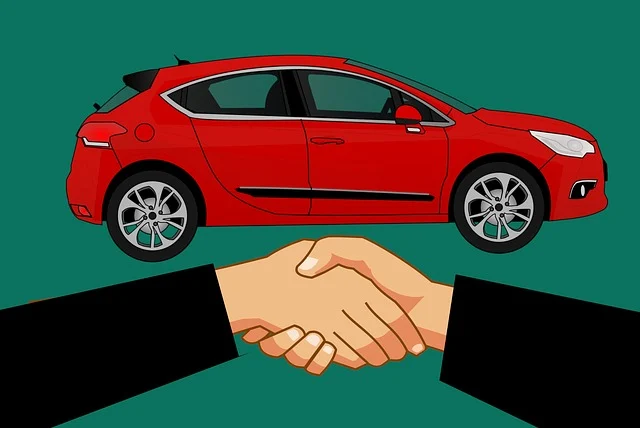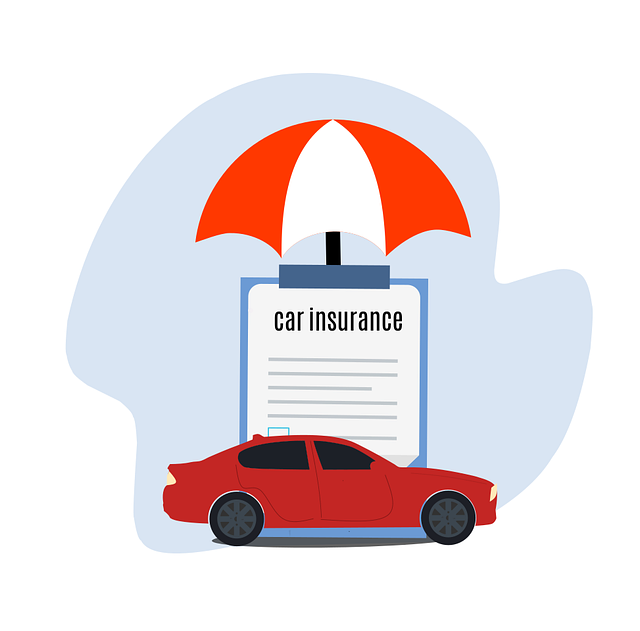When we get our first car insurance quote, it rarely shows the full picture. Many factors can cause that initial price to be misleading, like incomplete information or estimated details. The first quote is often just a rough estimate that doesn’t include all the important facts insurers need to give an accurate price.
It’s common for people to try adjusting their details to get a lower quote, but once insurers check everything, the price usually changes. We need to know how to spot a real deal, not just a tempting number. By understanding what affects the final cost, we can avoid surprises and find a policy that truly fits our needs.
Why Your First Car Insurance Quote Is Rarely Accurate
Quotes can seem simple at first, but they often miss key details that affect the actual cost. Many things can change the price from the initial number we see, especially when we get it online.
The Role of Online Price Estimates
Online quotes are usually quick guesses based on limited information. We might only enter our age, car make, and postcode at first. That’s not enough to make a full risk assessment.
Without details like driving history, claim records, or exact car usage, insurers can’t give precise figures. Early quotes are meant to give a rough idea, not a final price.
Many websites offer anonymous quotes, but these lack personal information and tend to be less accurate. We should expect the real quote to change when we give more details to the insurer.
How Insurers Calculate Risk Factors Differently
Each insurer looks at risk in its way. Some weigh driving experience higher, while others focus more on car type or location.
This means two quotes for the same person and car can be far apart. Scores, discounts, and penalties vary between companies.
Also, some insurers may use additional data like credit scores or job type, which we don’t see at first. This hidden data affects the premium but won’t show up in early quotes.
Hidden Fees and Conditions to Watch Out For
Initial quotes often exclude extra fees like administration charges, policy setup costs, or optional coverage add-ons. Things like excess amounts, legal costs, or roadside assistance might not be included at first, but they add to the total price when we finalize.
Sometimes, insurers set conditions such as only covering us during certain hours or limiting mileage. Those details affect how much we pay but aren’t always clear in early quotes. Knowing these possible hidden costs helps us avoid surprises later. It’s smart to ask for a full breakdown before choosing a policy.
Strategies to Secure a Genuine Car Insurance Deal
Getting a real car insurance deal means being careful about who we choose, how honest we are with our information, and making the most of any discounts available. Taking these steps helps us avoid surprises and find fair prices that truly reflect our needs.
Comparing Policies From Multiple Providers
We should never settle for the first quote we get. Different providers calculate prices differently, so checking several quotes is key.
When comparing, we look closely at the coverage each policy offers, not just the price. Some cheaper deals might leave gaps that could cost us more later.
Using online comparison tools can save time. They let us see prices from many companies side by side. We also check customer reviews to know how well each company handles claims.
A simple table to compare might look like this:
| Provider | Premium | Coverage | Excess | Customer Rating |
|---|---|---|---|---|
| A | £400 | Full | £250 | 4.5/5 |
| B | £350 | Partial | £300 | 4.0/5 |
| C | £375 | Full | £200 | 4.3/5 |
This helps us see which deal works best for our budget and needs.
Providing Correct and Complete Information
When applying for a quote, being honest and detailed is crucial. Incorrect or missing information often leads to higher prices or problems when making a claim.
We need to share accurate details like our driving history, where the car is kept, and how much we drive. For example, if we underestimate yearly mileage, the insurer might increase the price later.
It’s also important to include any past claims or convictions. Trying to hide this can make the policy invalid.
Taking the time to double-check forms before submitting helps avoid delays or false quotes. This way, the price we see is more likely to be the price we pay.
Utilising Discounts and Bundles
We can lower costs by looking for discounts and bundle deals. Many insurers offer price cuts for things like safe driving courses, having no claims, or insuring multiple vehicles.
Bundling car insurance with home or life insurance can also save money. The discount often makes the overall package cheaper than buying policies separately.
Some insurers provide discounts for membership in certain groups, like alumni or professional organisations.
Move the Heading block from position 35 up to position 34
Move the Heading block from position 35 down to position 36
Change text alignment
Displays more block tools
Conclusion
When we get our first car insurance quote, it’s rarely the whole truth. The initial number is often just a rough estimate based on basic info. Insurers still need to verify details before giving the final price. That means the first quote can change quite a bit.
To get a real deal, we need to be honest and provide accurate information from the start. Lying or hiding facts might seem tempting to lower premiums, but it can cause big problems later. Our policy could be cancelled, or claims refused when we need them most.
We can also save money by comparing quotes from different insurers and checking for discounts. Things like a clean driving record, low mileage, and security features on our car can help reduce the cost fairly.
Tips for better quotes:
- Always answer questions truthfully
- Shop around and compare multiple quotes
- Ask about discounts and offers
- Review your coverage needs regularly
Being straightforward and patient leads to better insurance deals that protect us. That way, we avoid surprises and get the coverage that fits our situation best.



